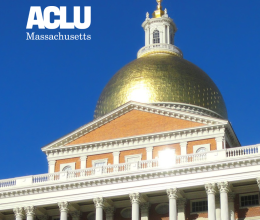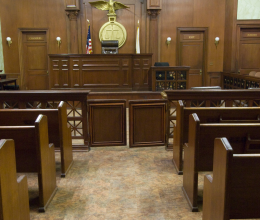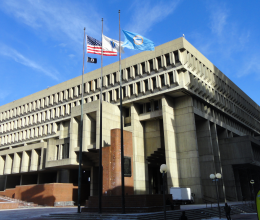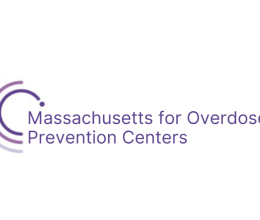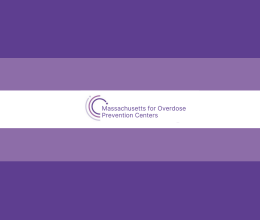
The ACLU of Massachusetts and law firm WilmerHale last night filed a lawsuit to protect the legal rights and safety of people living unhoused in the area of Melnea Cass Boulevard and Massachusetts Avenue in Boston. The lawsuit seeks to stop the City of Boston from continuing to drive people out of the “Mass. and Cass” area without first identifying viable alternative housing options for them.
The lawsuit, filed on behalf of three people experiencing homelessness, as well as a class of similarly situated people who are or were very recently residing at Mass. and Cass, follows recent large-scale evictions that have left people without even a tent to call home. In spite of City officials’ suggestions that housing would be provided, the plaintiffs and others were driven out—under threat of arrest—with no viable housing options. Much of their personal property was summarily destroyed, leaving them without access to clothing and even vital papers such as their identification.
“We can’t sweep or arrest our way out of the intersecting crises at Mass. and Cass,” said Carol Rose, executive director of the ACLU of Massachusetts. “This plan is harmful and unconstitutional because it forces people to disperse with no safe place to sleep, while disconnecting them from the medical care they are able to receive at Mass. and Cass. Indeed, it’s inconsistent with City assurances, public safety, and the law.”
The City has repeatedly suggested that impacted people will be provided real shelter alternatives before being displaced. Yet, there is no process in place to evaluate people’s barriers to congregate shelters—including physical or mental disabilities, underlying medical issues that make people more vulnerable to serious COVID infection, harm reduction needs, and family or partner situations—and to identify current available options that address those barriers. This failure to adjust housing suggestions based on individual needs forces people out and leaves them with nowhere safe to sleep.
“City and other officials are using the threat of arrest and criminal prosecution to force displacements of those who live on the streets without providing actually available, practical alternative housing options,” said Kevin Prussia, partner at WilmerHale. “Because of this intimidation, people are sleeping in less secure spaces. This system violates both the Eighth Amendment and federal and state disability discrimination laws.”
The ACLU recently joined medical providers, addiction specialists, and public health experts to call for a health-centered approach to the intersecting crises at Mass. and Cass. Such an approach includes expanding emergency non-congregate shelter options, increasing targeted voluntary treatment offerings, and protecting civil rights and human dignity in encampments.
